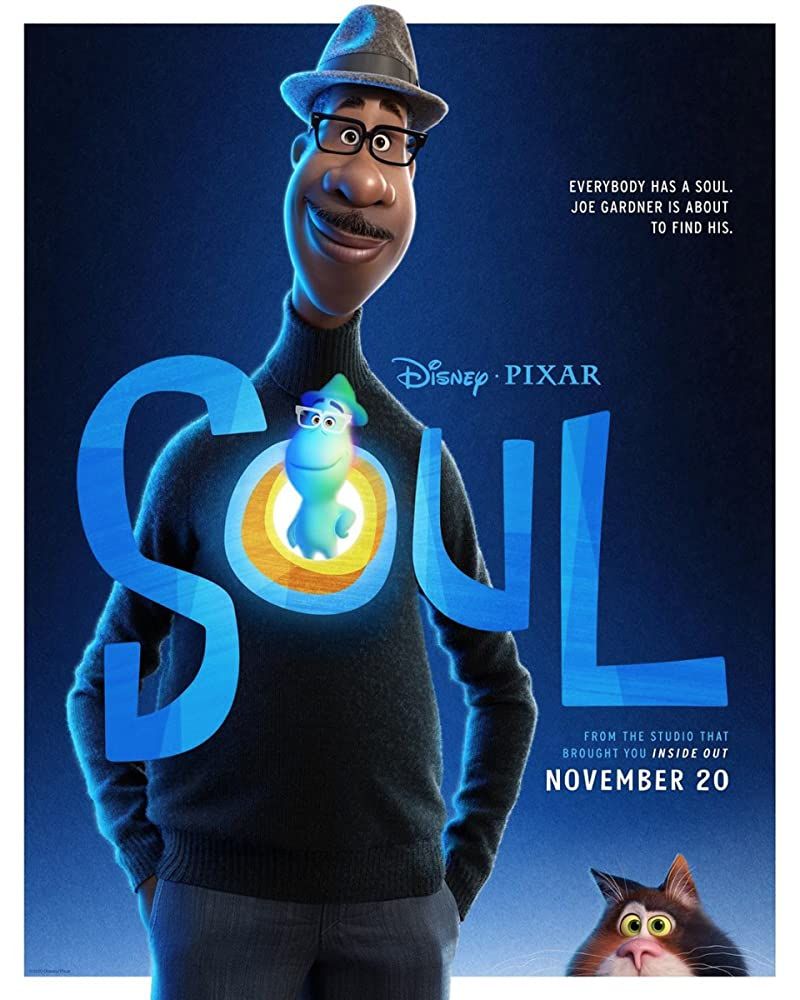Due to the abundance of summer titles, there will of course be some films left out, but not forgotten. The entire winter and spring seasons are a time of trailers, posters, interviews, and conspiracy theories about what is going to occur in the upcoming summer titles and with it past, it is time to review where success was made and where it was drastically left with an underwhelming taste. Superheroes fought each other, supervillains fought each other, women fought ghosts, food fought a portion of society, that society fought aliens a couple of times, and then there was talk about a payday down the line that either happened or was forgotten. Major titles were duking it out across all corners and genres whether for a box-office payday, some award recognition, or just attention because some titles felt left out as they fell from #1 to #2. Since this summer had many titles and with this article being limited in scope, some summer films might be missed so sorry if your new favorite film isn’t included (and if it is and it’s insulted, go complain).
Starting off with what ‘was’ considered the most anticipated film of the summer was David Ayer’s Suicide Squad (2016) which premiered over a month ago, gained plenty of box office success (for DC’s standards), and plenty of negative critiques. What guarantees success in the summer season? There’re multiple categories of success to strive for which all stems back to the simple quality versus quantity debacle. DC is making a lot of films to try to draw viewers away from Marvel’s success and this film was the third film in their universe and their second film of this year where they each have performed similarly. DC went with quantity and achieved the same result of a few weeks of box office money (a big opening with a large drop-off) and a lot of controversy. Another film that was anticipated highly was the all-female Ghostbusters (2016) film which did nearly the opposite of what SS did; it was given negative critiques that quickly turned tail when the actual film came out. Paul Feig had the exact opposite deal as David Ayer; Ayer’s film was expected to be great due to its marketing and source material while Feig’s film was being panned due to its marketing and source material. Each gained opposite results.
Speaking of remakes and sequels to other beloved franchises, Independence Day (1996) gained a second film, Independence Day: Resurgence, which once again proved that some franchises should be left alone. The only spot of summer where this actually worked was with Pixar where Finding Dory (2016) capitalized on working with its original film from 2003, making it better by further examining characters we already cared about and making us care about them even more while introducing us to new and awesome additions (Dory’s parents, an octopus, a beluga whale, and a whale shark with plenty of otters). Animation did great this summer whether it was PG or R rated. Kubo and the Two Strings (2016) has so far performed admirably (Laika usually goes for quality especially with stop-motion), The Secret Life of Pets (2016) was top of the box-office for over a month, and Sausage Party (2016) was so out there that it’s impossible to type anything here that could be considered within censorship.
Besides animation, the only other noticeable summer features were either sequels that were original takes (Star Trek Beyond), sequels in franchises that used too much source material (X-Men: Apocalypse), sequels in franchises that didn’t need to continue because it already reached its ultimatum (Jason Bourne), or completely original takes that deserve a sequel (The Nice Guys). The upcoming fall season signals another refocus to the awards season (The Founder), another Marvel film (Doctor Strange), and a few prequels (Star Wars: Rogue One, Fantastic Beasts and Where to Find Them) to name a few. Altogether, this summer serves as a signal to audiences to refocus their gaze towards quality films and stray away from films that are made as either cash-grabs, poorly-edited pieces, or unnecessary sequels to series that we already loved where they left off. We, the viewer, control what films should be made and we should be able to anticipate this. We should know.






























